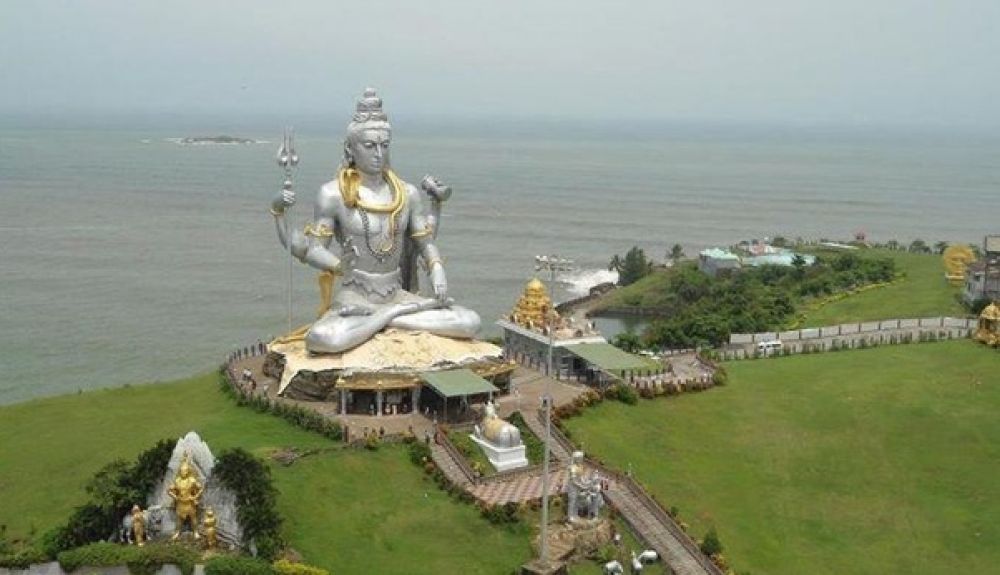

Nestled in the Western Ghats of Maharashtra, India, Mahabaleshwar's history as a tourist destination can be traced back to the British colonial era. Developed as a summer retreat in the 1820s, it was originally designed to serve as a sanatorium for British soldiers. The pleasant climate and stunning views of the surrounding hills made it a popular choice amongst British officials and aristocrats to escape the sweltering heat of the Indian plains.
During the British regime, several structures were constructed which have now become notable landmarks. These include the Mahabaleshwar Club, built in 1881, and various points named after British officials who frequented the area, such as Wilson Point and Arthur's Seat. The colonial architecture still prevalent in the town is a testament to the region's allure during that period.
After India gained independence in 1947, Mahabaleshwar continued to thrive as a hill station frequented by locals and tourists alike. The establishment of protected areas such as the Mahabaleshwar Forest Reserve, and initiatives to preserve its biodiversity, positioned it as both a historical and eco-tourism site.
Today, Mahabaleshwar is recognized as one of the premier hill stations in Maharashtra. It serves as a prime example of the blend of heritage and natural beauty. Tourists flock here year-round to enjoy the temperate weather, panoramic viewpoints, historical sites, and the famous strawberry plantations. Diverse accommodation options range from luxury resorts to quaint homestays, catering to varied traveler preferences.
With the advent of sustainable tourism, Mahabaleshwar has seen an uptick in eco-friendly practices including responsible waste management and usage of renewable resources in an attempt to preserve its pristine environment. Agritourism is another growing trend, with tourists actively participating in fruit-picking and farm stays. Adventure tourism has also grown, including trekking, mountain biking, and horse riding.